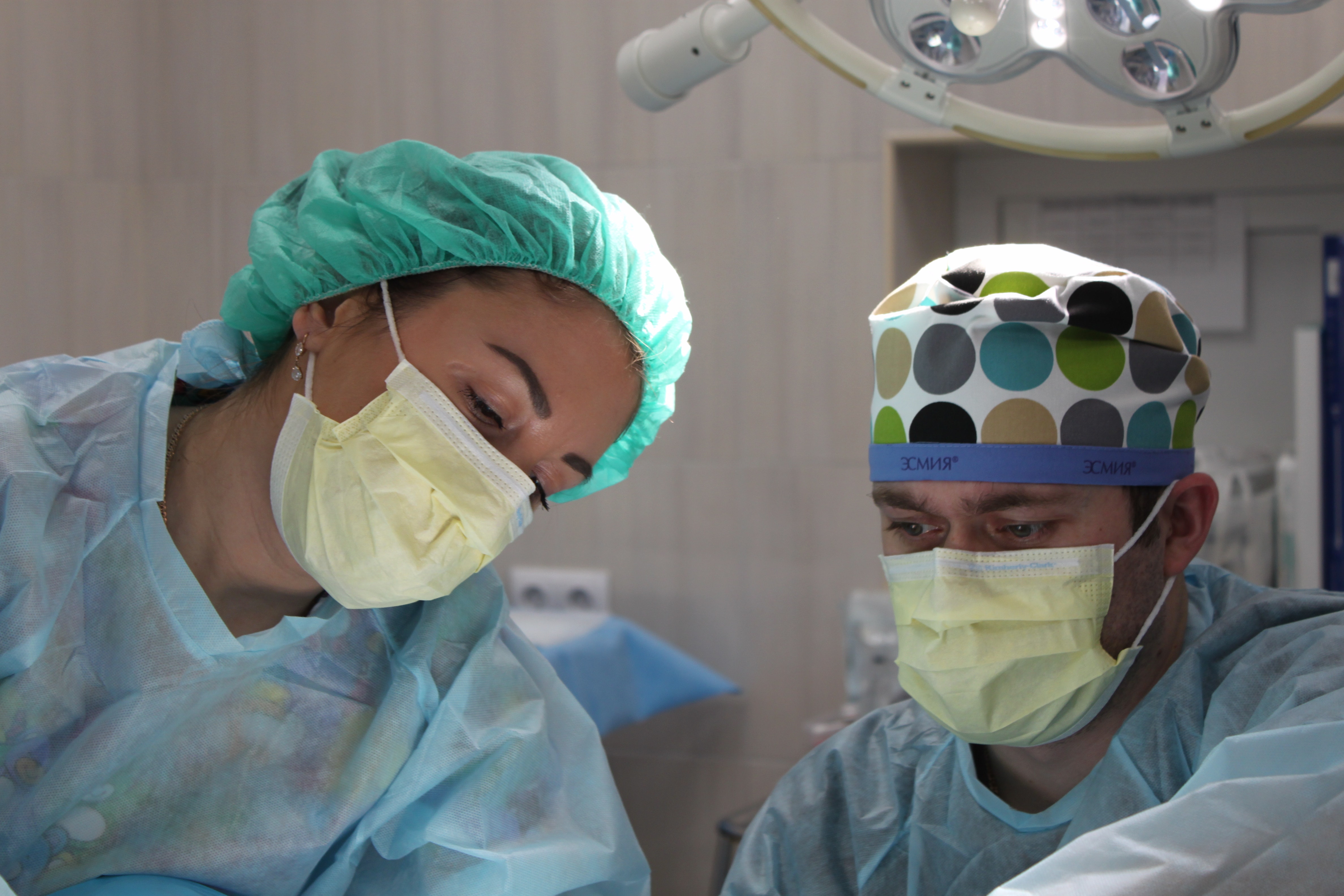Symptoms and diagnosis of eye cancer

Symptoms of eye cancer
Possible symptoms of eye cancer include:
- Bulging of the eye
- Complete or partial loss of sight
- Blurred vision
- Loss of peripheral vision (at the edges of your field of vision)
- Pale raised lump on the surface of the eye
- Lump on the eyelids or around the eye
- Seeing flashing lights
- Shadows and misting of the eye lens
- A dark spot on the iris (the coloured part of the eye)
- Watery eyes
- Pain in or around the eye (rare)
Intraocular melanoma may not cause any early symptoms.
All these symptoms can be caused by other common conditions, but it’s important to go to your GP or optician and get any unusual changes checked.
Can I be screened for eye cancer?
Testing for eye cancer when you have no symptoms is called screening. There is no national screening programme for eye cancer, but if you have your eyes tested the optician will check the health of your eyes.
Diagnosing eye cancer
Your family doctor (GP) or optician will examine you and talk to you about your symptoms. If they are concerned, they will refer you to an eye specialist called an ophthalmologist. Tests you might have include:
Eye exam: The specialist eye doctor (ophthalmologist) will examine your eyes using different machines and instruments. For example, a bright light and a microscope that you look into, which can take photographs.
You will probably have drops put in to make it easier for the doctor to look into your eyes. You might have blurred vision after the drops so avoid driving for 4 to 6 hours afterwards.
Ultrasound scan: Passing a probe over your closed eyelid and the surface of your eye to take pictures of the tissues.
Angiography: Injecting a dye which can show up the blood vessels in your eye on a photograph.
Biopsy: Taking a sample of cells with a fine needle and looking at them under a microscope to see if they contain cancer.

An ophthalmologist is an eye doctor or surgeon who looks after conditions of the eye.
For more information
Phone
1800 200 700



